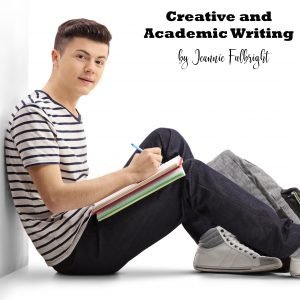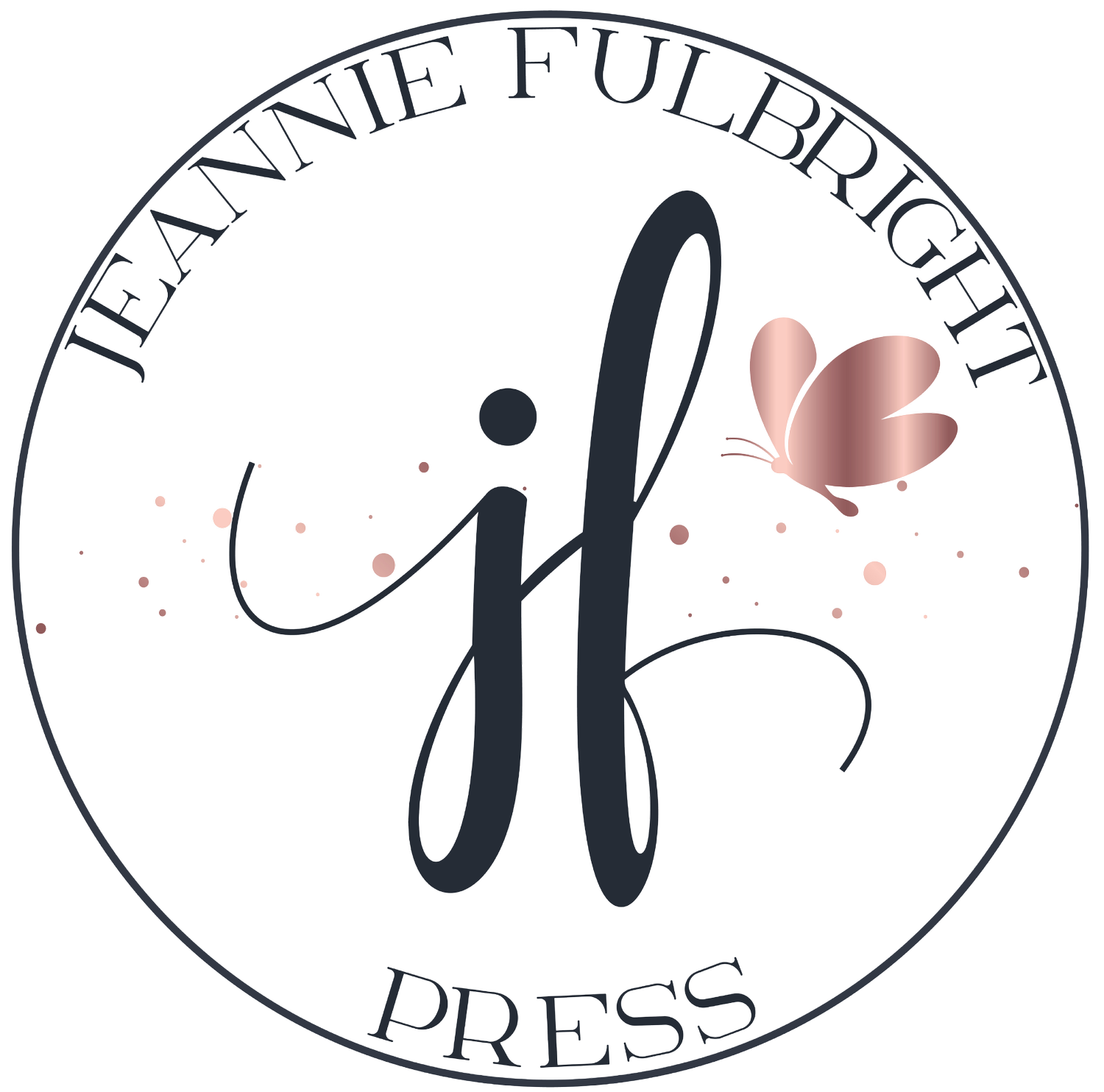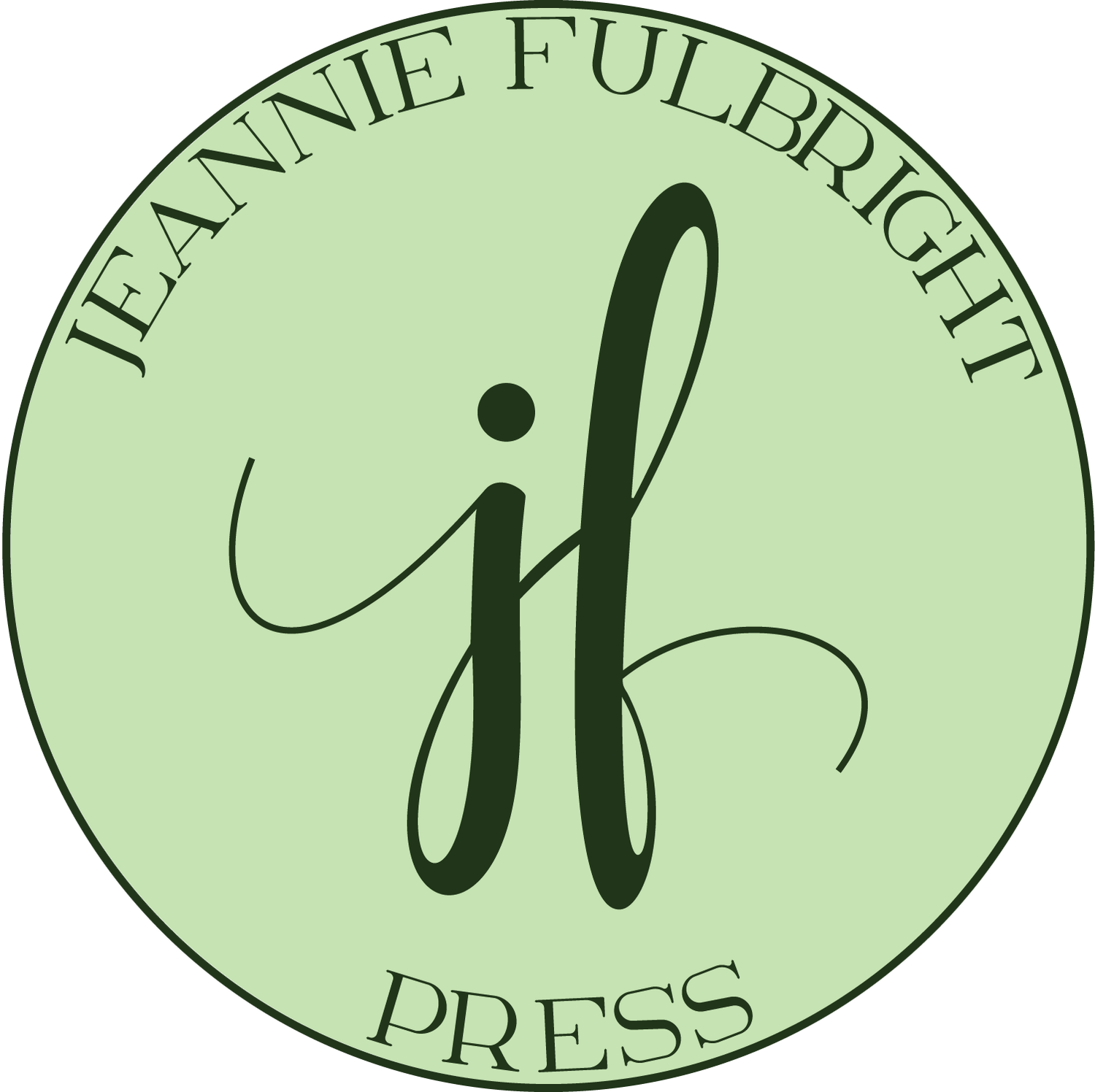Creative and Academic Writing
Creative and Academic writing are both important to teach in your homeschool; yet, of the two, academic writing is more necessary and useful for your child's future success.
Most homeschool courses that address writing focus on stories, descriptions, and other creative genres. The lessons attempt to pull the creative spark from the students, encouraging them to experiment with language, similes, metaphors, and stylistic techniques for writing.
 The ability to craft a more stylistic story is not necessary for success in college. However, having these tools can help a child when they are composing an essay for college. If the student is practiced in finding the perfect word, he will naturally use a more powerful or descriptive verb that eliminates the need for excessive description (a big no-no in essay writing).So, using a creative or stylistic course isn't a bad thing. It can be a very good thing and, if the techniques stick, can be utilized in compositions. However, for the college bound child, the most important thing to teach him is to compose an organized essay in order to convey his knowledge on a given topic. This does not negate the need for creative writing, but it definitely puts it lower on the totem pole. Sadly, many teachers teach only creative writing to their students and send them off to college without the foggiest idea of what an essay really ought to be. That was me in college. I would pen heartfelt prose concerning noble ideas about the book when the teacher just wanted a concise essay that told her I actually read the book.
The ability to craft a more stylistic story is not necessary for success in college. However, having these tools can help a child when they are composing an essay for college. If the student is practiced in finding the perfect word, he will naturally use a more powerful or descriptive verb that eliminates the need for excessive description (a big no-no in essay writing).So, using a creative or stylistic course isn't a bad thing. It can be a very good thing and, if the techniques stick, can be utilized in compositions. However, for the college bound child, the most important thing to teach him is to compose an organized essay in order to convey his knowledge on a given topic. This does not negate the need for creative writing, but it definitely puts it lower on the totem pole. Sadly, many teachers teach only creative writing to their students and send them off to college without the foggiest idea of what an essay really ought to be. That was me in college. I would pen heartfelt prose concerning noble ideas about the book when the teacher just wanted a concise essay that told her I actually read the book.
If your child is more math/science oriented and hates writing, fear not!
The organized essay using the Composition Code will make sense to him and he will succeed on all his writing exams, including the SAT—if he masters the formula. Mathy people love formulas. If they know writing is just a formula, they'll be happy.For the creative writer: tame the beast! I can say that because that was me, and I needed taming. I needed to learn to hang up the metaphors, put away the eloquence, and quit spewing my lofty theories and "beautiful prose" all over my academic essay. I needed to learn to organize my ideas into an outline form and just write down what I knew. It need not be dramatic, deep, and full of creative style. A college professor just wants the facts. That's why those who are not creative writers get better grades on their college essays.In an essay exam, I didn't need to say, "The longing in the soul of the most dreaded criminal is to be examined and explored with a compassion that might well up within us a desire to rescue him from his own self destructions."Instead, I should have written more plainly: "Most criminals experienced very difficult circumstances that instigated their life of crime. Examining these circumstances in the individual can help in the healing of their past wounds."Do you see the difference?In conclusion, my best advice is to teach the essay first. Then try out some creative writing or stylistic curricula that will help the child use language more eloquently or help him write or rewrite stories. But don't be discouraged if your child is not a creative writer. In fact be careful if he is because creative writers have more difficulty with the organization of an essay. If your child does not like creative writing, it’s totally fine. He only needs to know the essay—the Composition Code formula for putting his knowledge into a collegiate composition. That's what must be taught. Remember, creative writing is like art history—helpful and wonderful and good for the soul, but not necessary.One last note: A child is not ready to even begin the quest of writing until he understands the construction of a sentence. Thus, grammar must be taught and understood before writing can be developed.Another last note: don't try to teach spelling and writing as the same subject. Forget spelling when you are teaching writing. Spelling is a separate subject and the child should be allowed to focus on only one subject at a time, especially when the subject is as labor intensive as writing. During writing class, spelling should not get any notice or comment.Read on for more thoughts on creative and academic writing.

